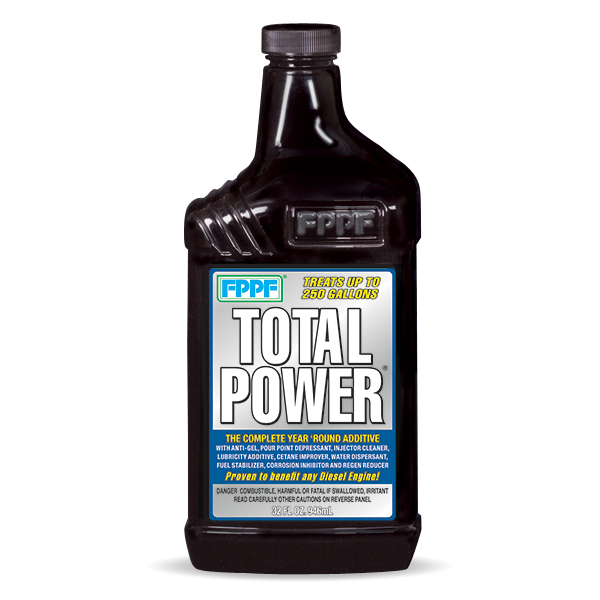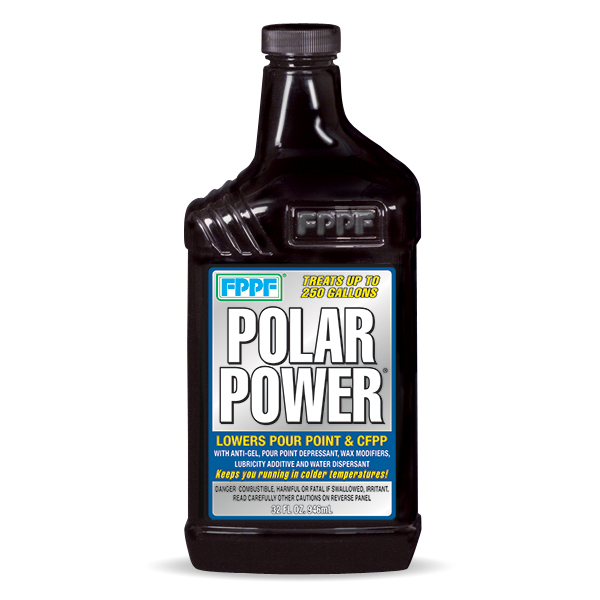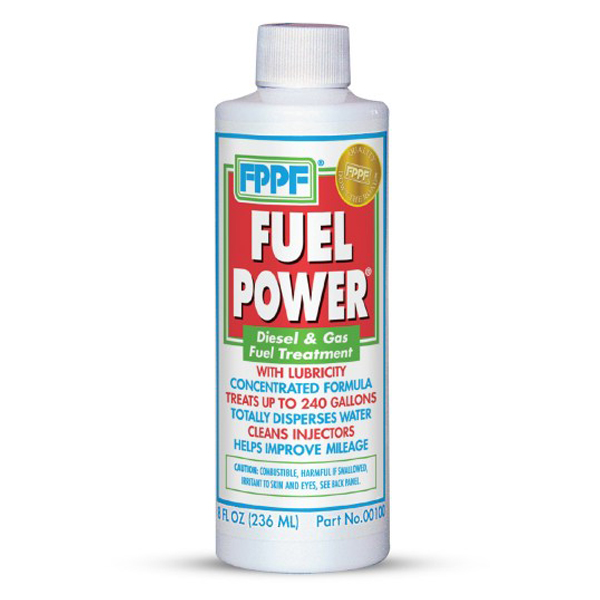fuel additive Company

The Benefits of Fuel Treatment: A Comprehensive Guide
If you own a car, you have probably heard of fuel treatment. The question is, what is fuel treatment, and is it really necessary? This post will delve deep into fuel treatment to discover why it is essential for your car’s health. From better fuel efficiency to longer engine life, you do not want to miss out on several benefits of fuel treatment. We will also discuss the various fuel treatments available and when to use them. Finally, we will provide a comprehensive guide on using fuel treatment to get the maximum benefits for your car’s engine. So, sit back, relax, and read on to discover the power of fuel treatment.
What is Fuel Treatment?
Fuel treatment adds specially formulated chemicals to your fuel to improve its quality and performance. These chemicals can help remove contaminants, prevent corrosion, and enhance your engine’s overall efficiency. In this comprehensive guide, we’ll examine what fuel treatment is and how it works.
Fuel treatment is a popular solution for various gasoline, diesel, and marine engines. The primary purpose of fuel treatment is to keep the engine running smoothly and efficiently by addressing some of the most common issues that can arise.
Is fuel treatment necessary?
Fuel treatment is a necessary and important aspect of vehicle maintenance. It helps improve fuel economy and protect engine parts from damage from heat, corrosion, and acids. Fuel treatments can effectively treat ethanol and water corrosion, ensuring the fuel system remains clean and functional. They also prevent carbon buildup in the engine, reducing friction and wear and improving power. By keeping engines clean and running efficiently, fuel treatment can prolong the engine’s life and save on costly repairs. Therefore, it is advisable to use fuel treatments regularly as a part of preventative maintenance to keep vehicles running smoothly.

Key Benefits of Fuel Treatment
One of the primary benefits of fuel treatment is its ability to remove contaminants from the fuel. Over time, fuel can become contaminated with dirt, debris, and even water, leading to many issues, including decreased fuel efficiency and damage to the engine. Fuel treatment chemicals break down and remove these contaminants, which can help improve the overall quality of your fuel.
Another important benefit of fuel treatment is its ability to prevent corrosion in the engine. Over time, metal components in the engine can become corroded due to exposure to moisture and other environmental factors. Fuel treatment can help prevent this corrosion by creating a protective barrier around these metal components, which can help extend your engine’s life.
Fuel treatment can also improve your engine’s overall efficiency by enhancing combustion. When fuel is burned in the engine, it releases energy to power the vehicle. However, some of this energy is wasted if combustion is not complete. Fuel treatment chemicals can ensure that combustion is done, resulting in improved fuel efficiency and better performance.
Types of Fuel Treatments
Many different types of fuel treatments are available on the market, each with its unique formulation and set of benefits. Here are some of the most common types of fuel treatments:
- Fuel Stabilizers: Fuel stabilizers keep gasoline and diesel fuel fresh for longer. They work by preventing oxidation and degradation of the fuel, which can cause it to go bad and clog up the engine.
- Injector Cleaners: Injector cleaners are designed to remove deposits from fuel injectors and combustion chambers. This can help to improve fuel economy, reduce emissions, and prevent engine damage.
- Octane Boosters: Octane boosters are used to increase the octane rating of gasoline. This can help to improve engine performance and reduce engine knock, which can damage the engine.
- Fuel System Cleaners: Fuel system cleaners clean the entire fuel system, including the fuel lines, injectors, and carburetors. This can help to improve fuel economy, reduce emissions, and prevent engine damage.
- Diesel Fuel Conditioners: Diesel fuel conditioners are designed to improve the performance of diesel engines. They can help to reduce emissions, prevent engine wear, and improve fuel economy.
- Anti-Gel Additives: Anti-gel additives are used in diesel fuel to prevent the fuel from gelling in cold temperatures. This can help to improve engine performance and to avoid damage to the engine.
- Fuel Moisture Removers: Fuel moisture removers remove water from gasoline and diesel fuel. This can help to prevent engine damage and improve fuel economy.
- Rust Inhibitors: Rust inhibitors prevent rust from forming in the fuel system. This can help extend the engine’s life and avoid damage to the fuel system.=

When to Use Fuel Treatment
Fuel treatment can be used in various situations to improve engine performance, prevent damage, and extend the life of your engine. Here are some common situations when fuel treatment should be used:
- Before Long-Term Storage: If you’re planning to store your vehicle for an extended period, adding a fuel stabilizer to the gas tank is important. This will help to prevent the fuel from degrading and causing damage to the engine.
- After Refueling: Adding fuel treatment to your gas tank after refueling can help to improve the quality of the fuel and prevent contaminants from causing damage to the engine.
- In Cold Temperatures: Diesel fuel can gel and clog up the engine in cold temperatures. Adding anti-gel additives to the fuel tank can prevent this from happening.
- During Engine Troubleshooting: If your engine is experiencing problems such as rough idling, reduced power, or decreased fuel economy, using a fuel system cleaner or injector cleaner can help to remove contaminants and improve performance.
- Before an Emissions Test: Using a fuel system cleaner or injector cleaner before an emissions test can help to reduce emissions and ensure that your vehicle passes the test.
- In High-Performance Vehicles: High-performance vehicles often require higher octane fuel to perform at their best. An octane booster can help improve engine performance and prevent engine knock.
- Preventative Maintenance: Regularly using fuel treatment as part of your vehicle’s maintenance routine can help to prevent engine damage, improve fuel economy, and extend the life of your engine.
How to Use Fuel Treatment
Using fuel treatment is a simple process that can help to improve engine performance and prevent damage. Here are the basic steps for using fuel treatment:
- Choose the Right Fuel Treatment: The first step is to choose the right fuel treatment for your engine. Consider your engine’s specific needs and select a fuel treatment designed to address those needs.
- Determine the Correct Dosage: The next step is to determine the correct dosage of the fuel treatment. This information can be found on the product’s label or instructions. Using the correct dosage is important to ensure the fuel treatment works effectively.
- Add Fuel Treatment to the Gas Tank: Once you have determined the correct dosage, add the fuel treatment to the gas tank. This is typically done by pouring the treatment directly into the gas tank. Be sure to follow the instructions on the label for the best results.
- Drive the Vehicle: After adding the fuel treatment, drive the vehicle as you normally would. This will help circulate the treatment through the fuel system and ensure it reaches all parts of the engine.
- Repeat as Necessary: Depending on the specific fuel treatment you are using, it may be necessary to repeat the process on a regular basis. Be sure to follow the instructions on the label for the best results.
It’s important to note that while fuel treatment can be a useful tool for improving engine performance and preventing damage, it is not a substitute for proper maintenance. Regular oil changes, air filter replacements, and other maintenance tasks are necessary to keep your engine running smoothly. Using fuel treatment as part of a comprehensive maintenance routine ensures that your engine performs at its best and lasts for as long as possible.
Conclusion
In conclusion, fuel treatment is a highly recommended step for car users to ensure the smooth running of their vehicles. It benefits by improving fuel efficiency and prolonging engine life, but it also helps prevent expensive repairs and reduces harmful emissions. Fuel treatment can be used for various purposes, including cleaning injectors, removing water buildup, and improving the lubrication. Different fuel treatments are available, and the user should choose the one that suits their needs best.
FPPF Chemical Company offers a range of high-quality fuel treatments that can provide your engine with a wide range of benefits. From improving performance and fuel efficiency to preventing damage and extending engine life, fuel treatment can be a valuable tool for any vehicle owner.
